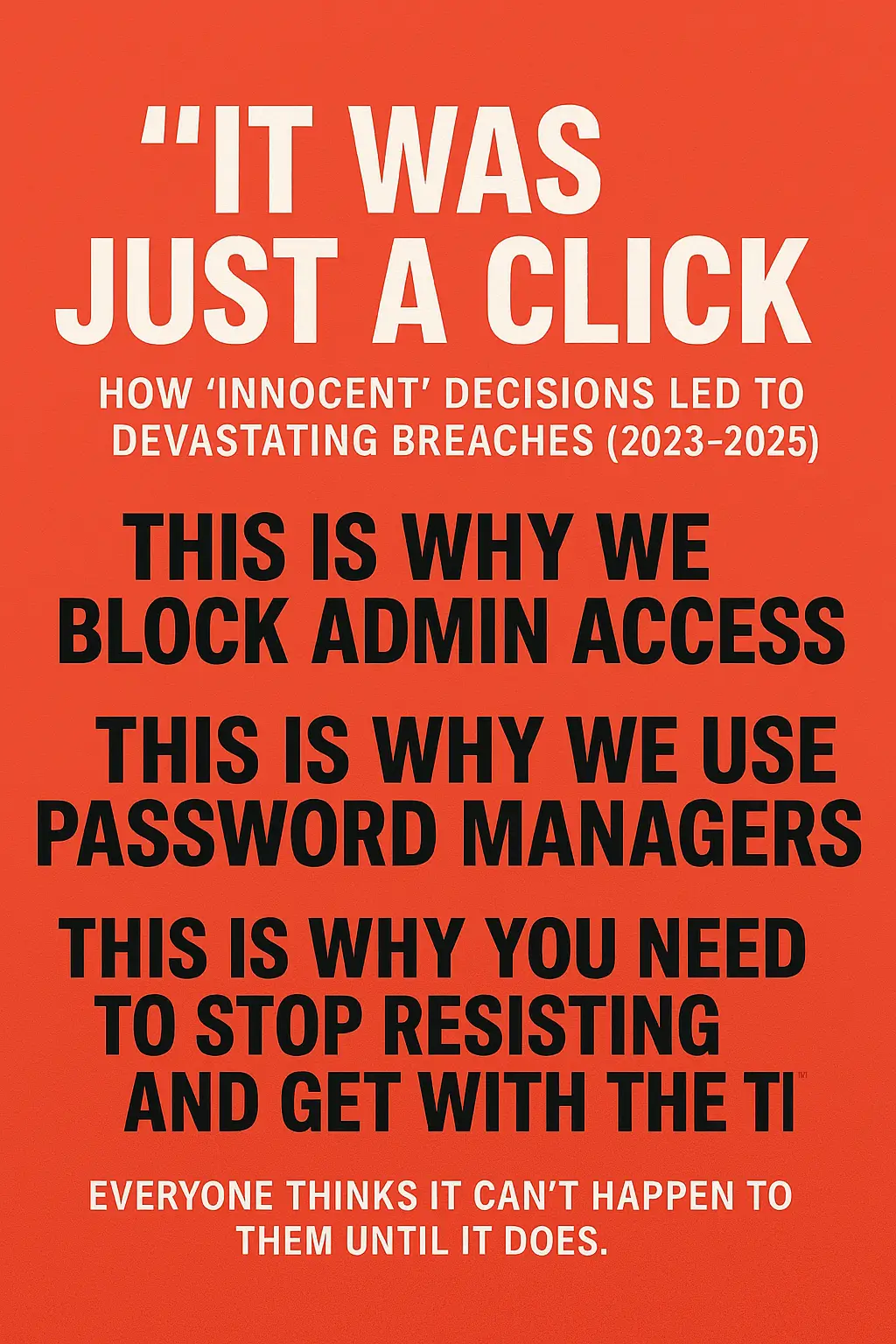In both personal and professional relationships, one of the most frustrating experiences is when someone doesn’t do what they said they would. Whether it’s an individual or a small business, when commitments aren’t met, it can lead to misunderstandings, frustration, and even financial consequences. This is especially true when dealing with service agreements, where both parties have specific responsibilities that need to be fulfilled.
Understanding Your Responsibilities
When you agree to terms and conditions—whether for a service, a product, or any business transaction—you are making a commitment. These terms outline the expectations and responsibilities of both parties. Just as the company is obligated to deliver on its promises, you are also responsible for upholding your end of the agreement.
It’s crucial to understand what you’re agreeing to when you sign up for any service. If something isn’t clear, it’s your responsibility to ask questions. Ignorance of the terms isn’t a valid excuse for failing to meet your commitments. If you expect a business to provide a service or deliver a product as promised, then the business also expects you to follow the agreed terms, such as cancellation policies, payment deadlines, or usage guidelines.
Why There Are Consequences
Consequences, such as cancellation fees or other charges, are not arbitrary. They exist because agreements must be respected to ensure fairness. For instance, when you cancel a service at the last minute, the business often incurs costs, loses revenue, or misses the opportunity to serve another customer. These policies are not just about penalizing; they’re about maintaining a balance where both parties are held accountable for their actions.
Imagine if the roles were reversed. If you paid for a service and the provider didn’t deliver, you’d rightly expect some form of compensation or recourse. The same logic applies when a business has to impose fees for cancellations or missed obligations—these measures ensure that commitments are taken seriously on both sides.
Dealing with Unfair Reviews
Unfortunately, it’s not uncommon for some individuals to leave negative reviews simply because they failed to read or understand the contract they agreed to. When these situations arise, it’s often not about the business failing to deliver, but rather the customer’s lack of due diligence in understanding the terms. This kind of behavior unfairly tarnishes a business’s reputation and shifts the blame from where it rightfully belongs: the customer’s own lack of responsibility.
Businesses set terms and conditions for a reason, and ignoring them doesn’t make those terms any less binding. Leaving a bad review because you didn’t take the time to read the contract reflects poorly—not on the business, but on the individual’s unwillingness to take accountability. It’s essential to remember that reviews are meant to reflect the quality of service and experience, not to vent frustrations caused by one’s own negligence.
How to Avoid Misunderstandings
To prevent any unpleasant surprises or disagreements, it’s important to:
- Read the Terms Carefully: Before agreeing to any terms, take the time to read and understand what you’re signing up for. If something seems unclear, reach out for clarification.
- Communicate Early: If you foresee an issue with meeting your commitments, communicate early. Many businesses are willing to work with you if you’re upfront about your situation.
- Take Responsibility: Accepting accountability for your actions—whether that’s paying a fee or adjusting your behavior—demonstrates maturity and respect for the agreement.
- Treat Others How You Want to Be Treated: Expecting businesses or individuals to fulfill their responsibilities means you must be prepared to do the same. If you value reliability, it starts with holding yourself accountable.
Conclusion
Accountability is a two-way street. Both parties must fulfill their responsibilities for any agreement to work smoothly. Ignoring the terms, failing to communicate, or not following through is not just an inconvenience; it can disrupt the entire relationship. Leaving negative reviews due to a failure to understand a contract isn’t just unfair—it’s damaging and misrepresents the situation. By respecting agreements and taking responsibility, we create a more fair and dependable environment for everyone involved. So next time you’re faced with a cancellation fee or charge, remember it’s not about punishment—it’s about maintaining a standard of commitment that benefits everyone.








